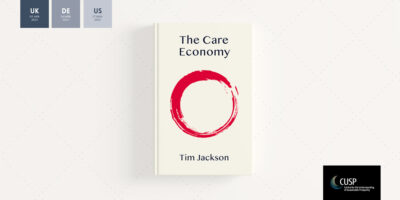
The political nature of sustainable prosperity
CUSP breakout session at Nexus Conference #SITT2017
London, 16 March 2017
How can we build a political consensus for sustainability that is inclusive and fair? How do research and practice move beyond the divisive nature of ‘post-truth’ populism?
Analysis of voting in the EU referendum has already revealed the role that poverty, low skills and lack of opportunities played in the vote for Brexit. In the wake of the vote and the international rise of pro-nationalist populism, we ask – what are the hopes and aspirations which are implicit in a populist vote in socio-economically deprived areas? And what implications do populist politics have for sustainable futures?
The discussion was part of the 2017 Nexus conference and was facilitated by Kate Burningham. Kate is leading a piece of work on “understanding Brexit through a local lens” which draws in particular on research we have been doing in Stoke-on-Trent – the so-called Brexit capital of the UK, where 69% of those who voted chose ‘leave’. Our broader research is on people’s understandings of the good life in communities which are ‘left behind’ and the way these are negotiated, particularly in turbulent times.
Discussants are Fanny Broholm, Phil Catney, Will Davies and Joan Walley. For more information about the conference agenda, please go here. Video recordings of all the sessions are available on the Nexus Network website. You can revisit the discussion on Twitter with the Hashtag #SITT2017.



